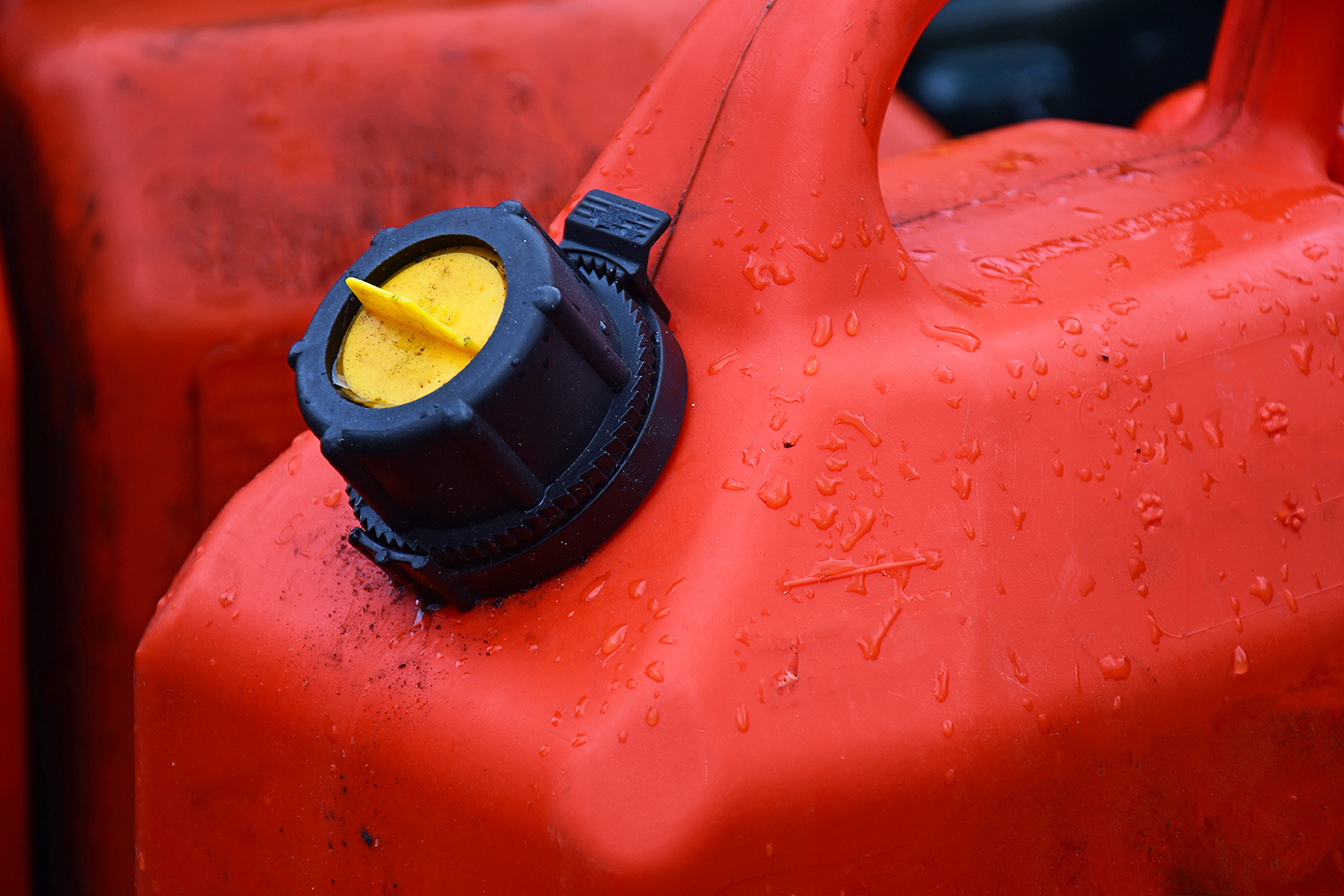Benefits of Ethanol-Free Gasoline
Ethanol-free gasoline, also known as pure gasoline, is a type of fuel that does not contain any ethanol. While ethanol-blended fuels have gained popularity in recent years, there are several benefits to using ethanol-free gasoline. In this article, we will explore the advantages of using ethanol-free gas and why it may be a preferable choice for certain applications.
Improved Fuel Efficiency
One of the key benefits of using ethanol-free gasoline is improved fuel efficiency. Ethanol has a lower energy content compared to gasoline, which means that ethanol-blended fuels tend to provide fewer miles per gallon. By using pure gasoline, you can maximize your vehicle’s fuel efficiency and potentially save money at the pump.
Prevents Engine Damage
Ethanol can be corrosive to certain engine components, particularly in older vehicles or small engines. The presence of ethanol in fuel can cause rubber seals, gaskets, and fuel lines to deteriorate over time. By using ethanol-free gasoline, you can prevent potential engine damage and extend the lifespan of your vehicle or equipment.
Reduces Fuel System Issues
Another advantage of ethanol-free gasoline is that it reduces the likelihood of fuel system issues. Ethanol tends to absorb moisture from the air, leading to the formation of water in the fuel system. This can result in fuel contamination, which can cause engine misfires, poor performance, and even engine stalling. By using pure gasoline, you can minimize the risk of these problems occurring.
Enhanced Performance
Ethanol-blended fuels may hurt engine performance, particularly in high-performance vehicles or equipment. Ethanol has a lower octane rating compared to gasoline, which can result in reduced power and acceleration. By using ethanol-free gasoline, you can ensure that your engine operates at its optimal level, delivering the performance you expect.
Compatibility with Older Vehicles
Some older vehicles, particularly those manufactured before the widespread use of ethanol-blended fuels, may not be designed to handle ethanol. Using ethanol-free gasoline in these vehicles can help prevent potential issues such as fuel system damage, vapor lock, and fuel line clogs. If you own a classic car or an older vehicle, using pure gasoline can be a safer and more suitable option.
Environmental Considerations
While ethanol-blended fuels are often touted as a more environmentally friendly option due to their lower carbon emissions, there are certain environmental considerations to keep in mind. The production of ethanol requires significant amounts of water, energy, and agricultural resources. Additionally, the cultivation of crops for ethanol production can contribute to deforestation and habitat loss. By using ethanol-free gasoline, you can reduce your environmental footprint and contribute to sustainability efforts.

Ethanol-free gasoline offers several benefits, including improved fuel efficiency, prevention of engine damage, reduced fuel system issues, enhanced performance, compatibility with older vehicles, and reduced environmental impact. While ethanol-blended fuels have their advantages, pure gasoline can be a preferable choice for certain applications. Consider your specific needs and requirements when deciding which type of fuel to use. Remember, always consult your vehicle or equipment manufacturer’s recommendations before making any changes to your fuel choice.
Frequently Asked Questions
1. What is ethanol-free gas?
Ethanol-free gas, also known as E0 gas, is gasoline that does not contain any ethanol.
2. Why should I use ethanol-free gas?
Using ethanol-free gas can prevent potential issues caused by ethanol, such as damage to small engines, decreased fuel efficiency, and fuel system corrosion.
3. Can ethanol-free gas improve the performance of my vehicle?
Yes, ethanol-free gas can potentially improve the performance of certain vehicles, especially those with older engines or high-performance engines.
4. Does ethanol-free gas have better fuel efficiency?
In some cases, ethanol-free gas can provide better fuel efficiency compared to gasoline blended with ethanol, as ethanol has a lower energy content.
5. Is ethanol-free gas more expensive than regular gasoline?
Yes, ethanol-free gas is generally more expensive than regular gasoline due to the additional refining process required to remove ethanol.
6. Can ethanol-free gas help prevent fuel system issues?
Yes, ethanol-free gas can help prevent fuel system issues such as clogged fuel filters, fuel line damage, and carburetor problems that can be caused by ethanol.
7. Does ethanol-free gas have a longer shelf life?
Yes, ethanol-free gas tends to have a longer shelf life compared to gasoline blended with ethanol, which can degrade over time.
8. Can using ethanol-free gas benefit small engines?
Yes, using ethanol-free gas can be beneficial for small engines like those found in lawnmowers, chainsaws, and boats, as it reduces the risk of damage caused by ethanol’s corrosive properties.
9. Are there any environmental benefits to using ethanol-free gas?
While ethanol-free gas does not offer direct environmental benefits like reduced emissions, it can indirectly contribute to environmental conservation by promoting the use of renewable fuels like ethanol in other applications.
10. Is ethanol-free gas available at all gas stations?
No, ethanol-free gas may not be available at all gas stations. It is more commonly found in specific regions or at certain stations that cater to customers seeking ethanol-free options.




